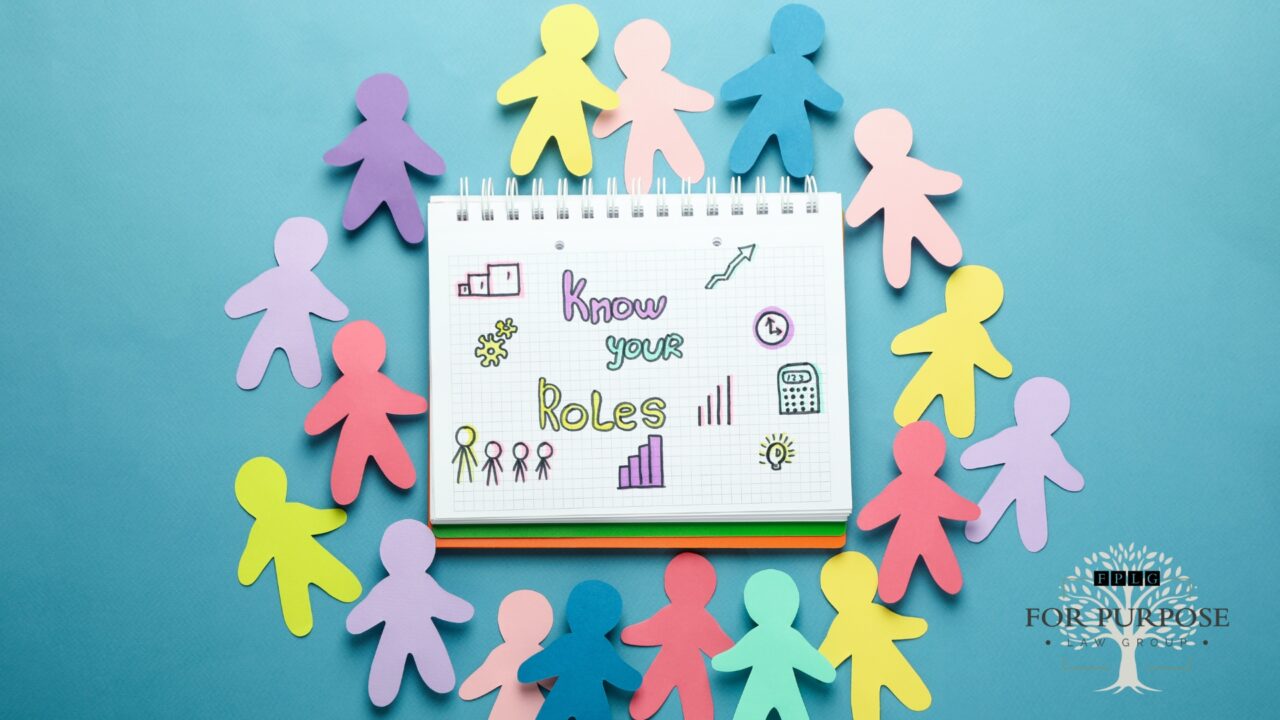
Who’s the Boss? Untangling the Confusion Around Nonprofit Corporate Officer Roles
07.07.2025 | May L. Harris, Esq., MA

Raffles. Bingo. Poker Nights. Auctions. These are fundraising favorites; donors enjoy them, and charities love the results.
There are tough rules and restrictions under California law for special events in the first three of these four categories. Charity auctions are a different story, though. It’s relatively smooth-sailing for the sponsoring organization.
What’s the reason? In a single word: “gambling.”
The California Attorney General has oversight responsibility for all charitable fundraising in this state. There are registration requirements and other laws and regulations that apply to all fundraising activities, including all four of these popular special events.
The AG’s website includes helpful explanations and information, and we’ve published posts on the subject, too.
There is no broad-based exemption from California’s sales tax laws for charities that are exempt from federal and state income taxes.
The sales tax is imposed for the privilege of selling tangible personal property. It’s an important part of the state’s revenue stream, so exceptions and exclusions are limited. Included in this revenue sweep are many fundraising activities, even if the events are one-time only and not part of regularly carried-on sales activities.
Both live and silent auctions involve bidding and purchasing donated items. Organizations operating in California that intend “to sell tangible personal property that would ordinarily be subject to sales tax if sold at retail” may be required to apply for, and obtain, a seller’s permit. In some cases, sponsoring groups may be required to register with the California Board of Equalization – even if there is no duty to collect and pay over any statutory sales tax amounts.
Of course, charities that conduct auctions or a regular or ongoing basis – on eBay, for instance – may be liable for more substantial sales tax obligations groups that hold single or once-a-year events.
The State Board of Equalization’s Publication 18, Tax Tips for Nonprofit Organizations, and Publication 73, Your California Seller’s Permit, are helpful resources. Here, we explained the basics of the sales tax laws as applied to nonprofits.
Whenever nonprofits sell goods or services, the possibility of liability for the unrelated business income tax (UBIT) always lurks in the shadows. Generally, UBIT applies to charitable organizations that regularly carry a trade or business not substantially related to the stated exempt purposes.
Single-event auctions are generally not considered “regularly carried on” for purposes of this test, but ongoing auction activities could meet that definition.
Even if an activity is “regularly carried on,” though, there are exceptions to UBIT liability for charities that (1) use a volunteer workforce or (2) sell donated merchandise. But there’s a caveat to these exceptions – when organizations devote a substantial part of their time or resources to the conduct of “unrelated activities.” IRS Publication 598 is a helpful guide to the UBIT rules.
Charity auctions are fundraisers, of course, so there are special rules about whether, and to what extent, two different groups of donors (i.e., the people who donate the goods to be auctioned, and the purchasers who buy these items) may take charitable deductions.
Generally, donors who provide goods for the charities to sell may take charitable contribution deductions, but these will be limited to the donated items’ cost. Donors of appreciated property will not be allowed full deductions for fair market value on the donation dates. It’s good practice for charities to issue acknowledgment letters to the auction donors. IRS Publication 561, Determining the Value of Donated Property, is a useful resource on this topic.
Purchasers of items at charity auctions may generally claim charitable deductions for the excess of purchase price paid over fair market value. Many charities publish catalogs with good faith estimates of items up for bid. It’s up to each donor to show that he or she knew the value of a particular item was less than the amount bid and paid.
